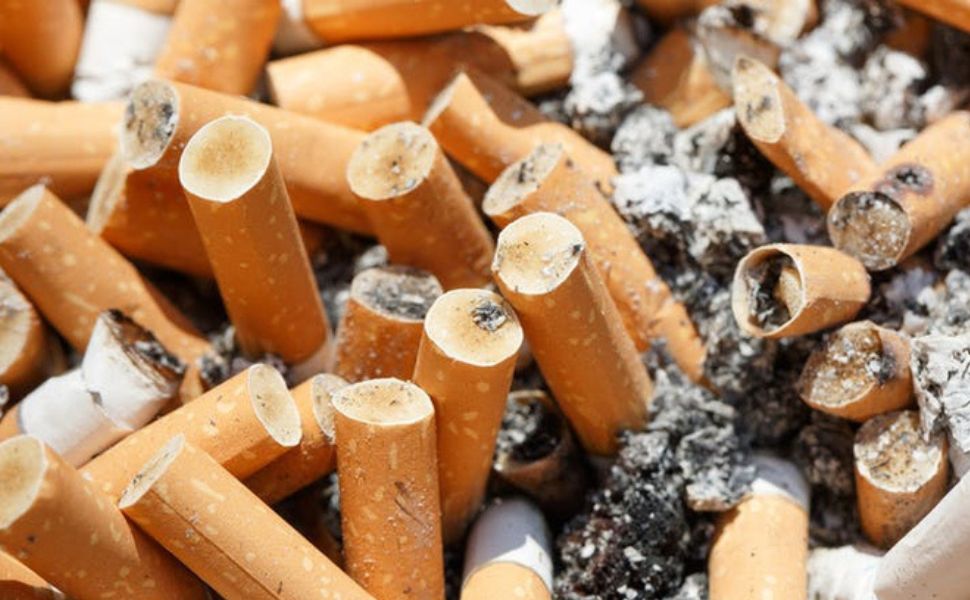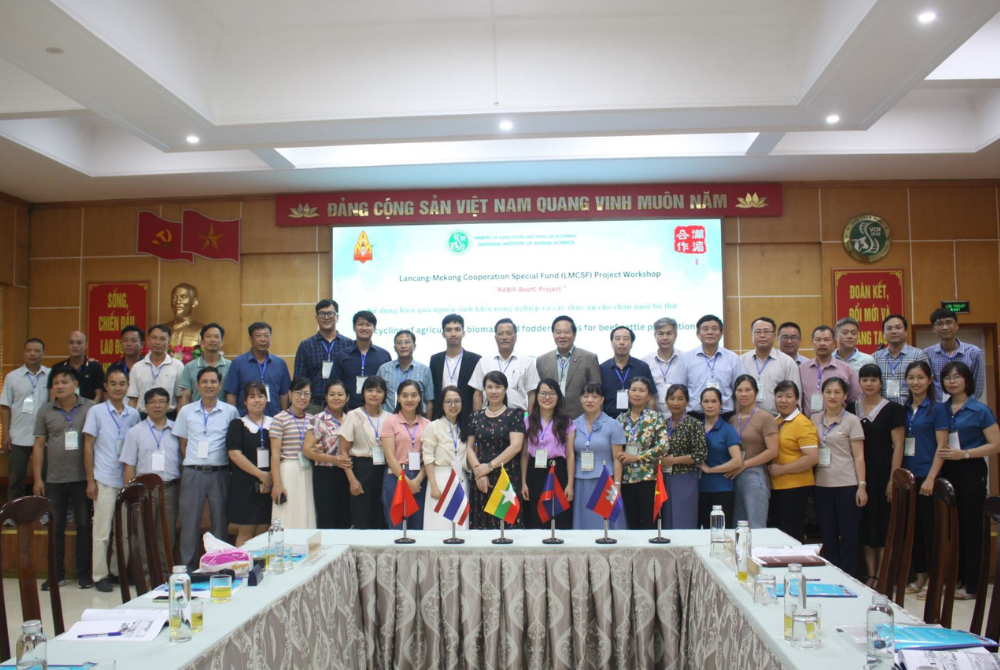Recycling tobacco filters
One of the trickiest problems to solve is that scientists have used tobacco filters to research and find ways to recycle to limit their environmental impact.
Illustration Image
Tobacco filters are one of the significant environmental threats. A tobacco filter can take 10 to 15 years to break down depending on environmental conditions. In addition, smokers unconsciously dump their tobacco filters into the trash, making it even more challenging to handle used cigarette filters.
In Vietnam alone, more than 80 billion cigarettes are consumed yearly, and handling tobacco filters is a significant problem for many countries. However, scientists have come up with many ways of handling recycling tobacco filters so that they don't harm the environment while making the most of the waste to make it worthwhile.
Scientists at RMIT Australia University have founded an initiative to use tobacco filters as a concrete material. Case studies have shown that roads paved by mixed asphalt with treated cigarette pieces can maintain load resistance while reducing thermal conductivity. This method manages the daily tobacco heads harmful to the environment and removes the urban heat spill effect in many big cities.
A company in Sao Paulo, Brazil, has set up the first factory to recycle tobacco filters into paper. The recycling process is quite simple. First, the tobacco filter is washed in water to remove toxic chemicals, then dried and compressed. It is estimated that 35 filters can make an A4 sheet of paper. This method can recycle a relatively large amount of used tobacco filters.
Cigarette filters, made of a plastic called cellulose acetate, are melted and transformed into raw materials to create a range of industrial plastic products, such as lifting sheets for transporting heavy goods. It takes about 1,000 to 2,000 pieces of cigarette to make just one piece of plastic debris and over 200,000 pieces to make a garden seat. According to Szaky, there's never a shortage of supply because, in terms of quantity, 37% of the world's waste is tobacco head, with thousands of billions of pieces a year.
Besides, many worldwide are more aware of collecting and handling tobacco filters. Many campaigns for collecting tobacco filters from individuals worldwide have positively impacted many people's perceptions, raising awareness of smoking in public places. Tobacco filters are beginning to be perceived as harmful to the environment and water resources, and therefore, people are more responsible after each cigarette filter is thrown away when used.
However, the easiest thing people can do to limit the environmental impact of tobacco filters is not to smoke, protect their health, and protect the environment.
Source: Ministry of Information and Communications














